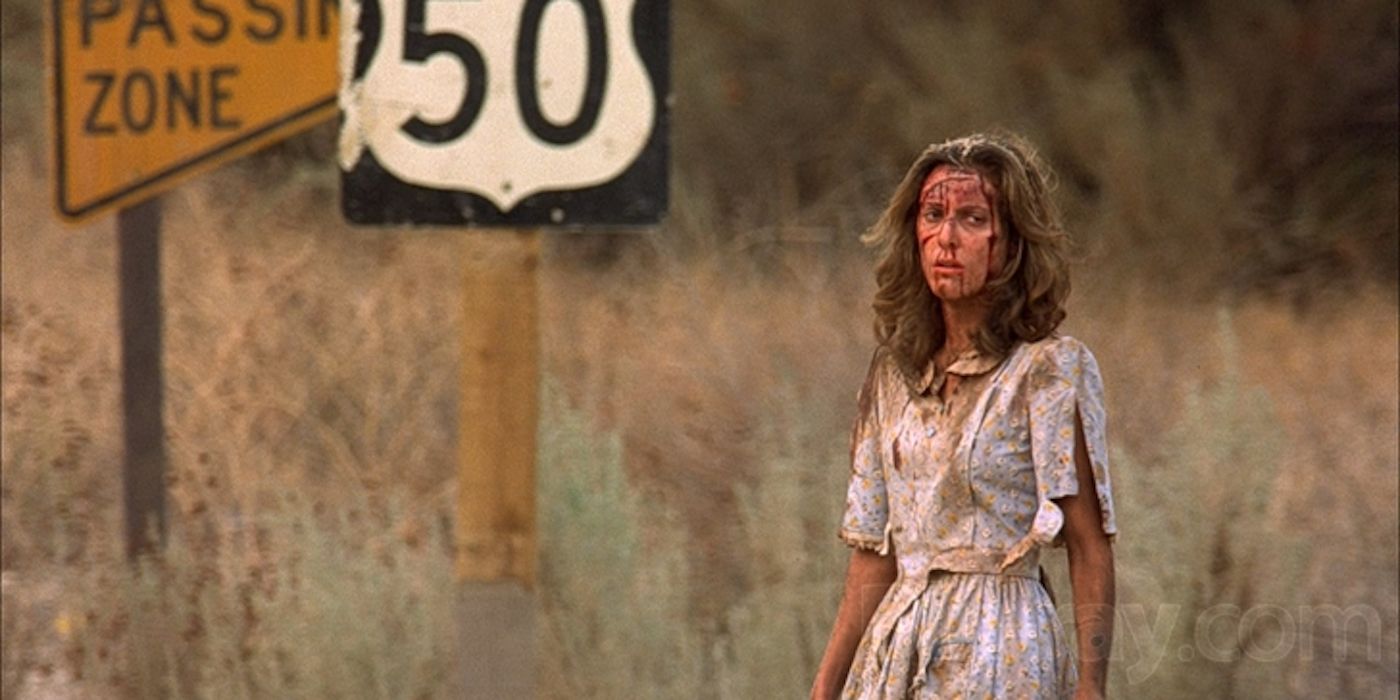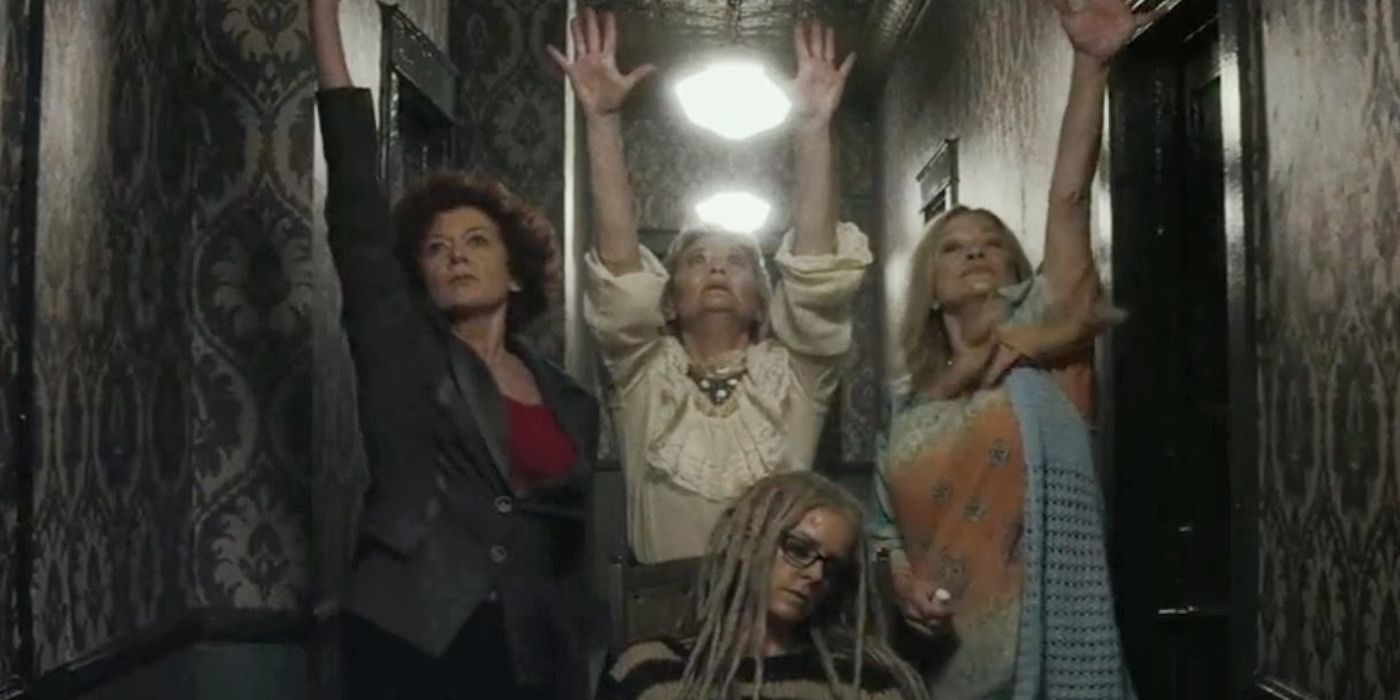Rob Zombie has made a major impression on the horror industry with his tendency to go against the grain, like with his treatment of final girls — many of them get killed off in the director's movies.
There are many modern horror filmmakers who have found ways to shake up the genre. Rob Zombie’s track record is far from flawless, but he’s undeniably someone with a distinct voice that he’s been able to communicate through his bodies of work. Rob Zombie’s roots come from music videos, but he’s always had a deep passion toward horror, which became very clear with his impressive debut picture, House of 1000 Corpses.
Rob Zombie’s movies want to scare and disturb their audience, but on some level, they also want to prove just how much the director understands and loves the horror genre. Zombie repeatedly pays tribute toward and re-contextualizes classic horror tropes in an attempt to gain ownership of the genre. One of the longest-standing horror standards is the tradition of the final girl, yet even this is something that Zombie defies. Instead, he chooses to throw his leading ladies into harm’s way and, more importantly, they don't always survive.
Zombie’s House of 1000 Corpses is very indebted to the Texas Chainsaw Massacre franchise; its ending pays reference to the original movie’s powerful conclusion. Zombie takes this note of uncertainty and pushes into terror when he shows that his movie's final girl doesn’t get to escape from all of her pain after all. It’s certainly a final tag that comes as a shock. The fate of Heidi (Sheri Moon Zombie), the main character in the Lords of Salem, is a little more ambiguous, but it's certainly not optimistic. Heidi succumbs to Satanic forces and gives birth to a demonic creature. The ritual results in mass suicides, but Heidi disappears, which likely means she was consumed by the creature or remains a sacrificial cult figure.
Zombie’s instinct to reflect on horror touchstones while still subverting expectations is without a doubt best on display with his reboot of the Halloween franchise. This concept would have been ultimately realized with his original plans for Halloween II, which result in the death of Laurie Strode (along with Michael Myers, no less). Zombie wants to surprise his audience, but a number of horror movies have been repeatedly successful because of the cathartic safety they provide at the end. Zombie often robs the audience of that in favor of a big scare. That can sometimes be effective, but it’s now become predictable with the director in the same way that the final girl’s survival used to be. Rob Zombie wants to prove that nothing is sacred, whether that’s standard horror tropes or beloved genre characters. This is part of what’s helped make Rob Zombie a controversial filmmaker, yet still one with a dedicated audience.


